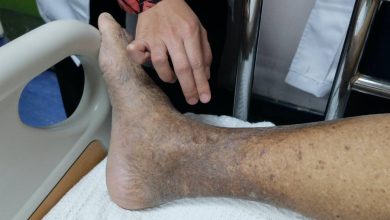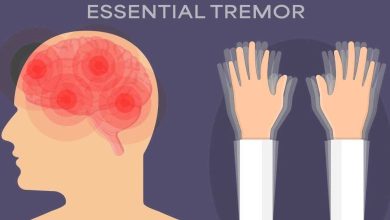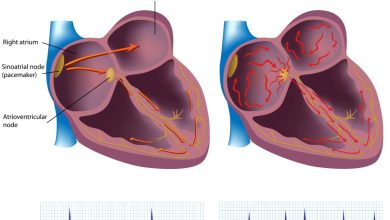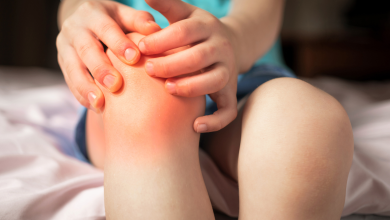Cystitis Symptoms, Causes, Diagnosis and Treatment

What is Cystitis?
Cystitis is a condition characterized as bladder inflammation. Cystitis is mostly triggered due to bacterial infection, known as UTI- urinary tract infection. Moreover, bladder infection tends to be extremely annoying and painful, whilst causing major health complications in the long run if it spreads to kidneys.
What are the symptoms of Cystitis?
Few common symptoms of cystitis include:
- Persistent, strong urge of urination.
- Low-grade temperature.
- Burning during urinating.
- Hematuria (blood in urine).
- Discomfort in pelvic area.
- Passing urine more often.
- Passing strong-smelling or cloudy urine.
- Pressure feeling in lower abdomen.
What causes cystitis?
Bacterial infection triggers cystitis. Typically, a bacterium named E.coli lives in our bowel, harmlessly. It is reported to cause around eight out of ten cases of cystitis bout.
Bacteria may enter out urinary tract. It can trigger infection in numerous ways. Such as:
- Sex: during sex, bacteria can easily pass into the bladder.
- During pregnancy, the womb exert pressure on the bladder, resulting the bladder to prevent being completely empty, thus, small urine amounts left in the bladder can support the growth of bacteria.
- Same as the case with bladder or kidney stones, that prevents the bladder to empty completely, hence, encouraging the growth of bacteria.
- The urine of a person with diabetes contains extra sugar than normal. Passing urine in the case can encourage the growth of bacteria in urethra and bladder.
- After menopause, certain bacteria that harmlessly exist in vagina can change, making a woman more likely to get cystitis.
- Using a catheter can allow the bacteria to enter your bladder.
- Females using a diaphragm invite cystitis, as it prevents the bladder to empty completely, consequently encouraging the growth of bacteria.
What are the risk factors of cystitis?
Women:
- Who are pregnant or sexually active.
- Use specific birth controls.
Both women and men:
- Immune system changes due to cancer treatment, HIV infection of diabetes.
- Bladder catheters use for a long period of time.
- Interference with urine flow due to bladder stones or enlarged prostate (in men).
What are the possible complications of cystitis?
In case left untreated, cystitis may lead:
- Blood in urine.
- Kidney infection.
How is cystitis diagnosed?
In case you notice the above mentioned symptoms, or doubt of having cystitis, immediately consult your doctor. You are more likely to go through the following test in order to conduct the diagnosis of cystitis:
- Urine analysis.
- Cystoscopy.
- Imaging tests.
How is cystitis treated?
Your doctor can prescribe oral antibiotics in case the infection is severe and may spread to your kidneys. Moreover, he can also suggest medicines such as phenazopyridine hydrochloride for easing the prompt need of urination and burning pain.
Remember, adequate fluid intake is very important for a bladder infection.
Prevention:
For recurrent bladder infections your doctor can advise the following preventive measures such as:
- Consume enough water.
- Do not delay to urinate in case of urge.
- Instead of tub baths, take showers.
- Gently clean your skin around anus and vagina.
- After having sex, try to pass urine instantly.
- In your genital areas, avoid using feminine products or deodorant sprays.
By : Natural Health News




